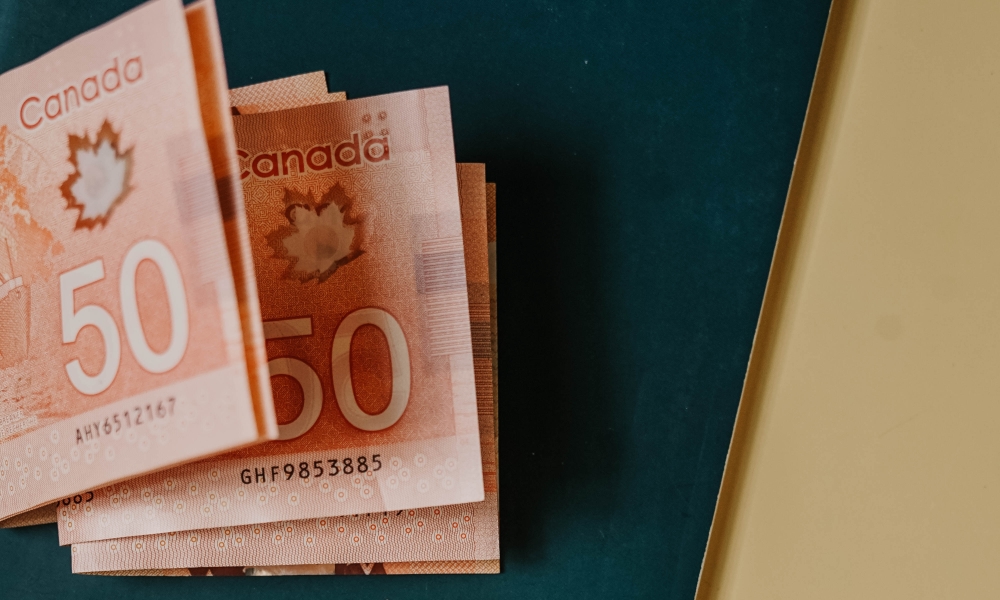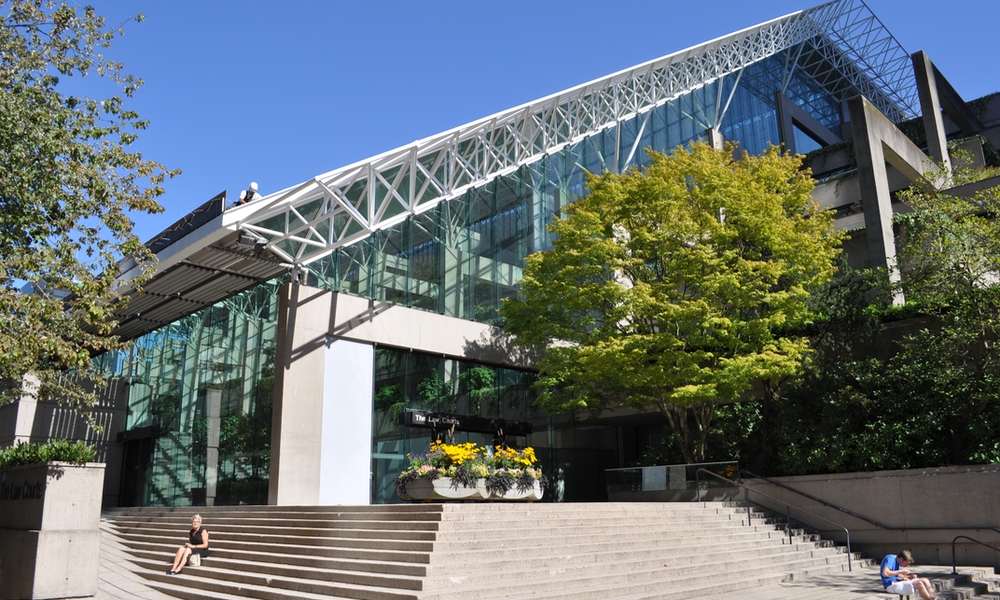Canadian iPhone Owners Could Get Up to $150 in ‘Batterygate’ Settlement
 Credit: Toa Heftiba
Credit: Toa Heftiba
Toggle Dark Mode
This weekend, Apple began sending out $92 payments to US customers affected by its 2018 iPhone throttling controversy, and now it looks like those in the Great White North could soon be receiving similar payouts.
Colloquially dubbed “batterygate,” Apple found itself in hot water with customers and governments around the world when it was found deliberately slowing down iPhones with aging batteries following an early 2017 iOS 10.2.1 update. While Apple had good reasons for doing so, it made that decision on its own, with little to no transparency.
As a result, the company was mired in class-action lawsuits from irate customers who purchased a new iPhone when a much more affordable battery replacement would have sufficed. It also faced multi-million dollar fines from 34 US states and several foreign governments, including Italy, France, and Spain for “dishonest commercial practices” — although in an unusual twist, Brazilian courts ruled that Apple did nothing wrong.
A landmark class-action lawsuit in the US led to Apple agreeing to pay out $310 million to compensate affected customers, and with similar lawsuits filed in Canada, the UK, and elsewhere, it’s just the beginning.
As MacRumors reports, Apple has reached a settlement in a separate Canadian class-action lawsuit, agreeing to a $14.4 million CAD payout (~$11 million USD) that could see Canadian iPhone owners receiving up to $150 CAD per affected iPhone.
While no action is required to participate in the class at this time, a Canadian iPhone Power Management Class Action web page has been set up that you can follow for further details. Those who don’t want to participate, for whatever reason, have until January 10, 2024, to opt out or file an objection to the proposed settlement.
While class-action lawsuits were filed against Apple in four separate Canadian provinces — British Columbia, Ontario, Saskatchewan, and Alberta — the proposed settlement for all four proceedings will be going before British Columbia’s Supreme Court for approval, which is expected to go before the court at a hearing on January 29, 2024.
The class in Canada is very similar to that in the US settlement. It encompasses everyone who owned an affected iPhone model before December 21, 2017, who resided in any of Canada’s provinces or territories during the affected time periods, except for those who are residents in the province of Quebec as of June 15, 2023. That carve-out is typical due to the French-Canadian province’s unique legal system; however, a separate class-action lawsuit has also been filed in Quebec.
The qualifying iPhone models are identical to the ones listed in the US class-action lawsuit and include the iPhone 6, 6 Plus, 6s, 6s Plus, SE, 7 or 7 Plus with iOS 10.2.1 or later (specifically, iOS 11.2 or later for the iPhone 7 and iPhone 7 Plus, as those later models were released with iOS 11)
Apple has agreed to pay between $11,137,500 CAD and $14,427,500 CAD as part of the settlement, minus the usual legal fees, which in this case accounts for 25% of the total settlement.
The minimum payout that each class member can expect is $17.50 CAD per eligible iPhone, although, like the US class action lawsuit, this could go as high as $150 depending on how many claims are submitted, as Apple is required to pay out at least $11,137,500 CAD no matter what. If insufficient claims are filed to reach that amount, the excess funds will be given to a charitable organization in what’s known as a cy pres award.
Once the proposed settlement is approved, the class action website should be updated with more information on how qualifying class members can file claims.








